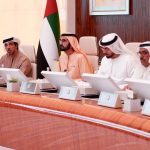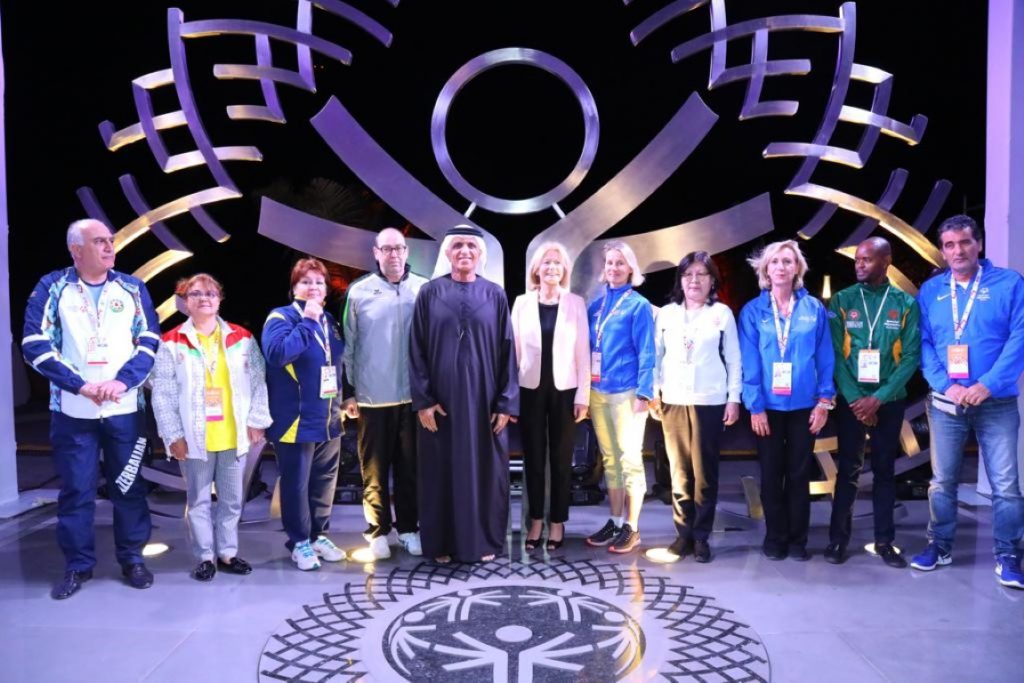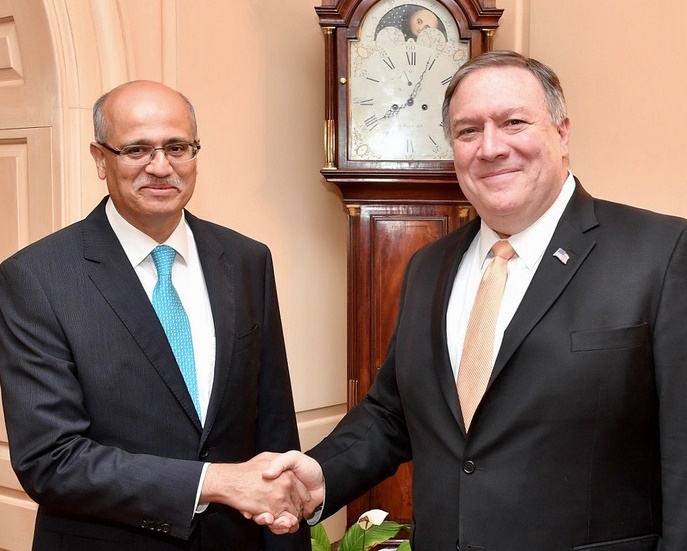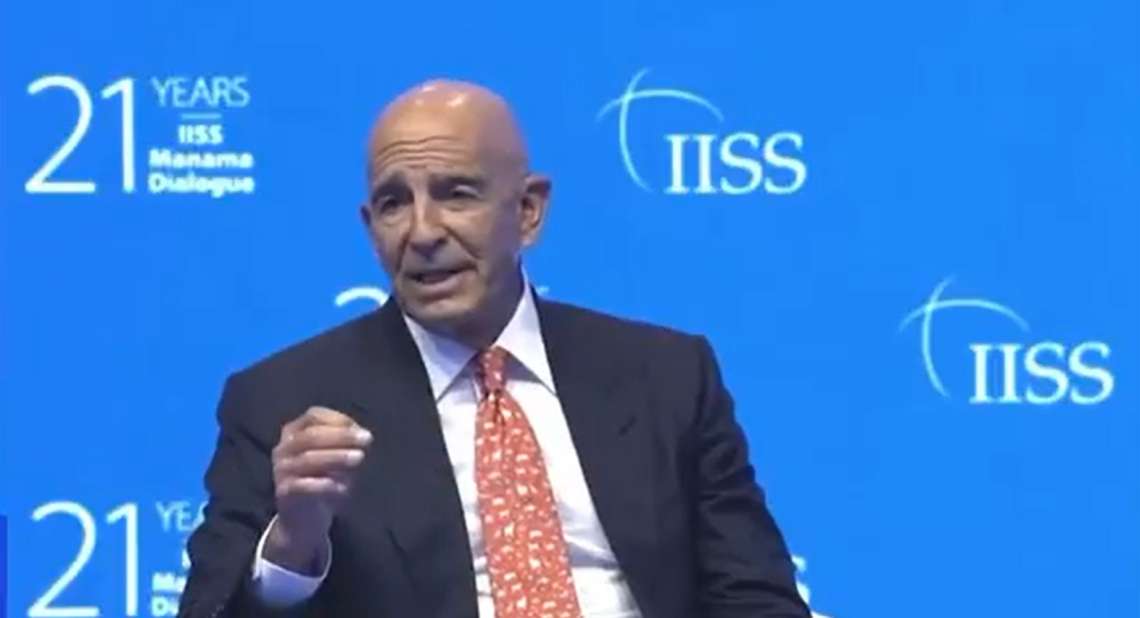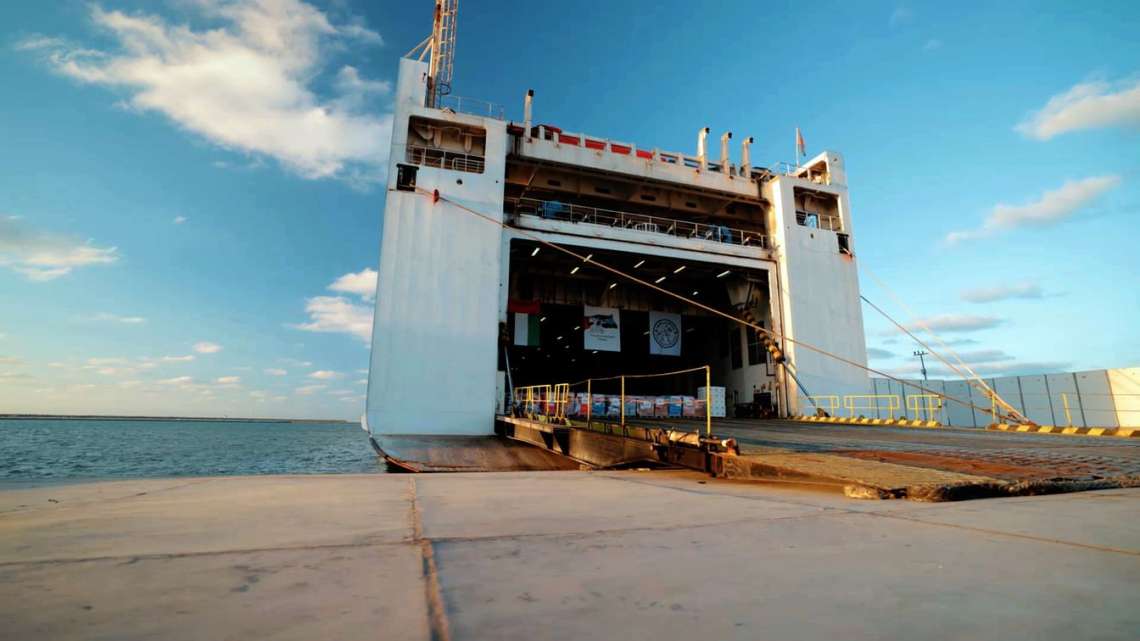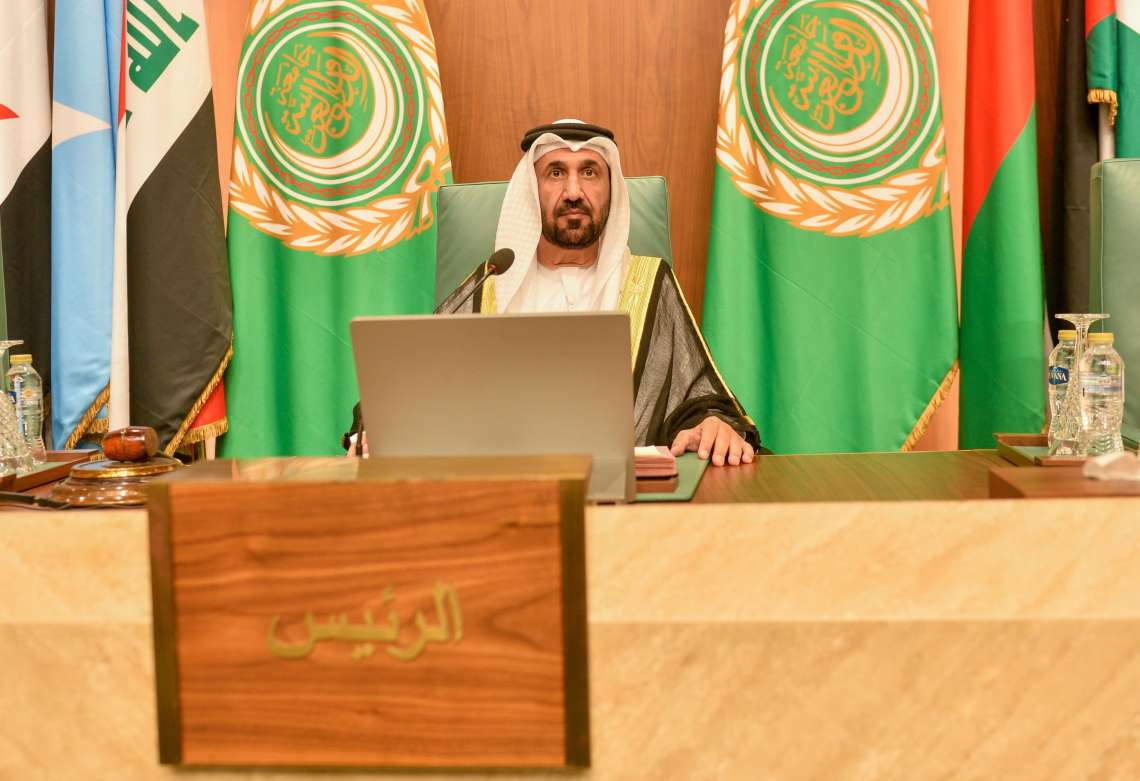UAE Cabinet approves National Space Strategy 2030 … reports Asian Lite News.

The UAE Cabinet, chaired by His Highness Sheikh Mohammed bin Rashid Al Maktoum, Vice President, Prime Minister and Ruler of Dubai, has adopted the National Space Strategy 2030 during its meeting at the Presidential Palace in Abu Dhabi. The Cabinet meeting was attended by H.H. Sheikh Mansour bin Zayed Al Nahyan, Deputy Prime Minister and Minister of Presidential Affairs.
Sheikh Mohammed asserted that the UAE has established an economic powerhouse and advanced infrastructure by young Emirati talents, which enabled it to be at the forefront of the space exploration industry today. “Last year we celebrated the launch of the first satellite fully built by young Emirati engineers, and in the very near future we will see them operating international space technology centres, based in the UAE. We will see Emirati cadres, highly skilled and specialised in space science, achieving scientific breakthroughs that serve the entire humanity,” His Highness said.
He added, “We are investing in the space industry, with ambitious projects and initiatives that will benefit our citizens and contribute to key sectors of the national economy. This is an important milestone for our country, and we are aiming to become a model for countries seeking to launch ambitious space programmes.”
The National Space Strategy aims at achieving UAE’s vision in the field of space exploration, technologies, and applications. It also constitutes one of the pillars of the regulatory framework for the space sector in the country which consists of four components; National Space Policy, Space Sector Law, Space Regulations, and National Space Strategy.
The UAE seeks to establish a major global hub for space science and technology, through investing in building capabilities and creating a scientific, legislative and financing environment that is stimulating and attractive for space projects.
The strategy sets the general framework for UAE’s space industry and activities for the years 2030, including government activities related to space, commercial activities, and scientific activities carried out by public and private sector operators and academic institutions and research and development, R&D, centres.

The Cabinet stressed the importance of raising awareness about the importance of the space sector among the Emiratis youth, and the importance of enhancing the role of advanced national research and development centres. The UAE possess today four specialised centres in the research and development of space, all of them have manufacturing capabilities, and where Emiratis represent more than 50 percent of the workforce, with more than half of them are women.
The National Space Strategy includes 6 objectives, 21 programmes and 79 initiatives, which translate into focus areas and programmes benefiting more than 85 entities in the UAE. The Emirates Space Agency is responsible for following up the implementation of the strategy in cooperation with strategic partners and more than 20 agencies and space centres abroad.
In a different topic, the Cabinet adopted the decision to regulate and develop the services of the residency and ports affairs sector by organising the issuance of residence permits to investors, entrepreneurs, innovators and human talents in order to stimulate the business environment in the UAE. The decision aims to create an attractive environment for investment in line with the UAE’s position as a top destination to investors and visitors.
In the organisational and governmental affairs, the Cabinet approved the formation of the Financial Activities Committee, which is mandated to consider cases related to financial activities that are referred to it by the regulatory authorities, and to study any proposal or opinion to regulate any financial activity other than those mentioned in the laws.
The Cabinet approved the signing on a number of international treaties to enhance international cooperation with the global community.



